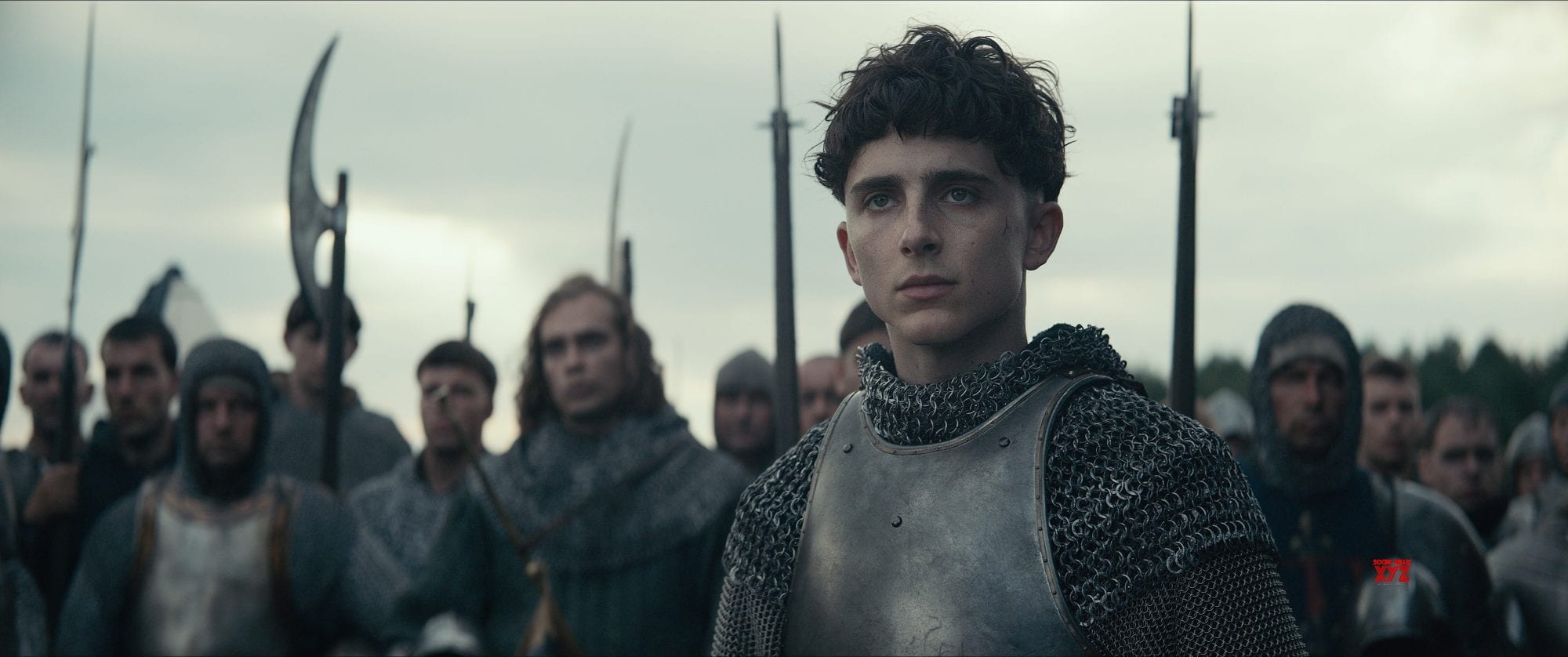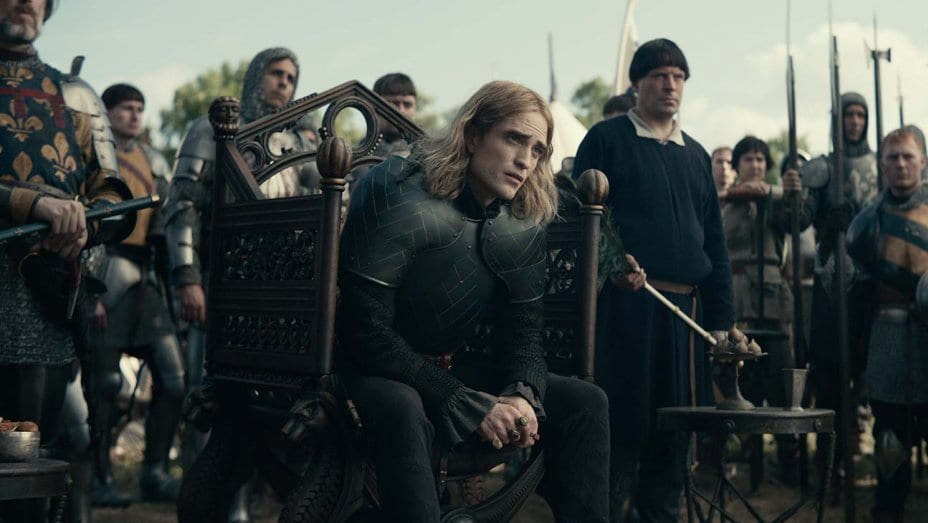Taika Waititi is often regarded as the master of “Happy-Sad Cinema.” His movies are characterized by great storytelling, tragic and dramatic turns, and his unusual use of comedy to drive the story. Jojo Rabbit is no different. This movie follows the story of Jojo, a 10-year-old German boy in Nazi Germany, and Elsa, a Jewish girl who is hiding in his house with the help of his mother. What makes this a Waititi plot is that Jojo’s imaginary best friend is Der Fuhrer himself: Adolf Hitler.
Like most of Waititi’s other films, this is a character-driven story. After establishing all of the main characters in the first act of the movie, the plot moves smoothly according to the choices each character makes. On top of this, the cast gives an amazing set of performances. It is hard to believe that none of the main cast is German, because everyone’s accent is spot on (especially Scarlett Johansson’s). Unsurprisingly, Taika gives an excellent portrayal of a childish Hitler. Roman Davis (Jojo) and Thomasin McKenzie (Elsa Korr) beautifully play the contrasting leads of the story. Scarlett Johansson gives an excellent performances as Jojo’s mother, who Waititi describes as “a mother character that isn’t just a mother.” Archie Yates plays the loveable Yorki, Jojo’s friend, and though Stephen Merchant has only one major scene, he makes it a memorable one.

The cinematography is one of the most impressive aspects of this film. In every scene, one of the cameras is kept at a low angle to emulate Jojo’s point of view. We experience all the scenes from his perspective and it really helps us connect with him as a character. When put together with the stellar costume and set design, we really feel like we’re in Jojo’s shoes. The score, by Michael Giacchino, perfectly matches the themes and transitions. From The Beatles’ “I Want to Hold Your Hand” to Giacchino’s “A World of the Wise,” the soundtrack expertly accompanies the movie as it progresses and changes tone.
All of the elements of a Waititi script are evident in this film. Even though the story deals with some serious issues and themes, Waititi uses humor to lighten the tone. He cleverly inserts a comedic beat or two in scenes with immense terror and strong emotions. What results is a heartfelt story of growth. As the story progresses, we get to see different sides of the same characters. All of the characters, especially Jojo, evolve throughout the film and experience changes in their relationship with others.

Although the major purpose of the Jojo’s imaginary Hitler is to provide comedic relief, He also gives an insight into Jojo’s mind, as he is a representation of the lies and propaganda spread by the Nazi government. Just like the rest of the Hitler Youth, Jojo is initially brainwashed into believing the lies propagated by the government. He has an unrealistic image of Jewish people and is led to believe that they are demons that he must take down. However, his mother combats this throughout the film as she tries to subtly convince Jojo to have a more compassionate view of the world. Because of this, we get to see the conflict that goes on inside Jojo’s mind. Jojo is it a constant struggle with himself as he is trying to figure out whether he is truly a Nazi or something else. His mother and imaginary Hilter represent the angel and devil on his shoulder. On one hand, he wants to be caring like his mother, but on the other hand, he wants to please Hitler by following Nazi ideals.
There are enough sudden turns and twists for the movie to be an emotional roller coaster. You could be laughing in one scene and crying the next. This movie is less of a story and more of an experience. It reaches both extremes of the emotional spectrum. Taika’s impression of the cartoonish Hitler is the icing on the cake that is this multi-layered film. Through this heartwarming, anti-hate, satirical comedy, Waititi wants to send a clear message: “It is definitely not a good time to be a Nazi.”
4.2/5 STARS
















